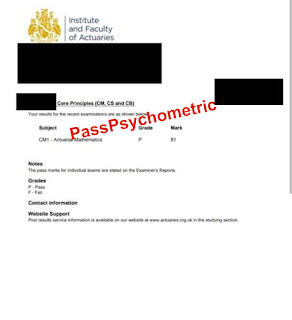Requirement for Numerical Test
Numerical tests have gained popularity these days as the COVID-19 stricken economy has transformed the international job scenario. From layoffs that might happen any time to whole department operations being shut down, the job market has become very competitive. Moreover, these types of tests offer a comfortable mode of shoplifting candidates for a job as they can conveniently shortlist the ones that score higher marks in respect to those that have scored low.
How can you better your Numerical Test?
There are different ways through which you can better your numerical test score. They are described as follows:
Understand it is not easy: Let’s face it. We can blarney our minds into thinking that these tests are easy, but it is time we understand that a logical test come with their fair share of difficulty.
Pay attention to details: Whenever you are subjected to immense pressure in which you might miss important information, don’t adopt a rushed approach and scan every question mindfully and after much required thought, try the questions.
Good pacing comes with regular practice; hence make use of time given to you before the test, so that you can try the questions on the day of the verbal test mindfully and with much required thought. After adopting the above mentioned methods in your regular regimen and during the test, you can be sure that these tips will lead you to accomplishing great scores in the test.





